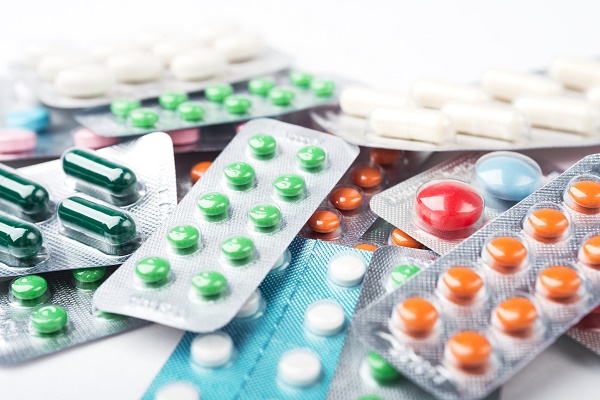
Raising Antibiotic Awareness
Antibiotics are amazing pharmaceuticals that have revolutionized the practice of dentistry if not our entire world. As a dentist, Dr. Brazdo sees first hand the damage that bacterial infections can cause. As a doctor, she also understands the power and respect that antibiotics deserve. While these innocuous little pills may not seem like much, they are one of the most powerful substances on the planet. With the ability to not only decimate an entire bacterial infection but to also facilitate the creation of an even more virulent strain of bacteria, it is important that dentists and patients alike understand the implications of antibiotic misuse.
What are Antibiotics?
Antibiotics are a class of drugs made up of chemicals that kill or hinder the replication of bacteria. When we suffer an infection our bodies send out antibodies to fight that infection and remove it. If the immune system is suppressed, or if the strain of bacteria is particularly strong, our bodies are overwhelmed and cannot fight off the infection. This is when a patient will seek the advice of a doctor, who in turn, may prescribe an antibiotic.
Antibiotics work in two ways depending on the type. One destroys the cell entirely and decimates the population of bacteria, these are known as bactericidal. The other type, known as bacteriostatic inhibit the cells from replicating which allows the body to bolster the immune system and fight the disease. Depending on your infection, your dentist may prescribe you either a bactericidal or bacteriostatic antibiotic.
Where did Antibiotics Come From?
Antibiotics are a relatively new discovery in the medical field. In 1928 Alexander Fleming discovered that Penicillium notatum killed Staphylococcus bacterium in his lab. It would take another 11 years of testing and research before Penicillin would be available for doctors to prescribe to kill a wide range of bacterial diseases. During World War Two field physicians were able to save countless lives. In fact, commercial production of Penicillin coincided directly with the D-Day invasion of Europe, not coincidentally. And by 1949 the production of Penicillin 133,229 billion units.
Antibiotics are derived from chemicals that exist in the soil and in fungi. These chemicals are excreted to kill or halt the replication of microorganisms, like bacteria, that could compete with any potential food source. What Alexander Fleming found that fateful day in his lab was “mold juice” secreted from a Penicillium notatum mold. It took many years to isolate these chemicals to learn how they could be beneficial to humans.
What is the Harm of Antibiotics?
Many people wonder how something that can wipe out Staphylococcus, Streptococcus, and other infectious bacterium can be a bad thing? Where antibiotics are concerned, too much – and too little, can certainly cause alarming public health concerns. The over prescription of antibiotics and over use of these life-saving pharmaceuticals by the food and livestock industry along with misuse of prescriptions by patients have caused an alarming amount of antibiotic resistance. Antibiotic resistance occurs when the bacteria that an antibiotic was designed to kill becomes stronger than the antibiotic and cannot be stopped.
Bacteria are living organisms that can adapt and evolve to best fit into their world. This is extremely problematic when they are exposed to many different antibiotics. They adapt to protect themselves and become much stronger. For example if a dentist were to prescribe a course of antibiotics to a patient with a tooth infection, that patient would need to take the entire course of antibiotics as prescribed. The problem arises when they don’t. Antibiotics do such a great job of killing bacteria that it can seem like after the first few days the illness is gone, however this is not the case. The first bacteria antibiotics kill are weak and plentiful, it’s so important to take the entire course because continued usage of antibiotics will kill the stronger bacteria instead of leaving them to replicate and create an even more virulent disease.
Antibiotics and Dentistry
The mouth is full of bacteria, and quite often this bacteria can cause harmful infections. Antibiotics are routinely prescribed in dental offices around the country, however in the Melbourne, Florida dentist’s office of Maryam Brazdo, antibiotics are only prescribed if there is no other way to cure the infection. The health of our patients is the most important thing at Artistic Touch Dentistry. We understand the power of antibiotics and will only prescribe them when necessary. We will also do our best ensure you understand the importance of taking them correctly, and keeping your mouth healthy.

